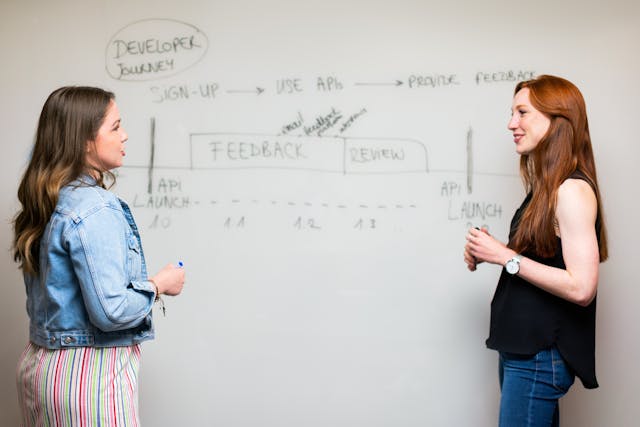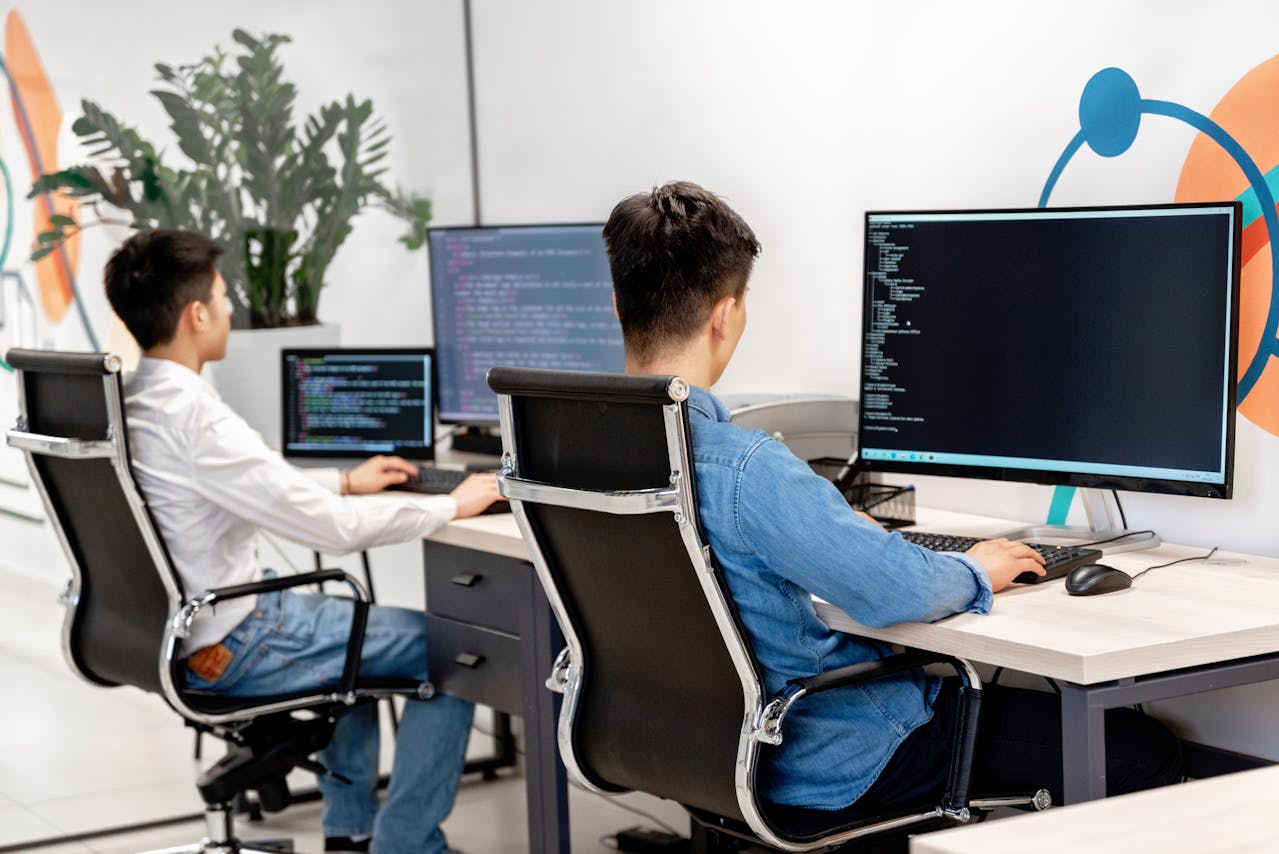Security and data protection are a priority for every client commissioned to develop applications, as well as for software development companies. For any software house, where there are many projects and customer demands for fast turnaround, maintaining the highest security standards is mandatory. This is why technology companies pay a lot of attention to DevOps practices, whose job it is to control all application processes so that they are adequately protected against any misuse. This time, we invite you to enter the world of DevOps employees and learn about their activities to ensure proper security standards for the resulting applications.
Table of Contents:
- The role of DevOps in application security
- Implementing Secure Coding Standards
- Conducting Regular Security Audits
- Enforcing Access Controls and Authentication Mechanisms
- Implementing Security Monitoring and Incident Response
- Continuously Updating and Patching Systems
- Get to know the details of DevOps work at Railwaymen
The role of DevOps in application security
We mentioned some time ago in the article "Building a DevOps Culture: the Path to Implementation Success" that DevOps is a set of practices designed to guarantee uniformity in software development and IT operations. It is time to dig a little deeper into the role of the professionals occupying this responsible position.
First and foremost, it is worth bearing in mind that DevOps, through the integration of application processes, can skilfully adapt to the prevailing reality. Through this openness to change, necessary security updates are made, so that every project that comes out from under the banner of a given technology company is properly protected and does not succumb to various security breach attempts. Ongoing efforts in this direction allow applications to be kept up-to-date and the protection of the user of a digital product to be increased.
In addition to the measures taken by DevOps specialists, automated testing is an important part of the work to catch any security flaws. Testing is also responsible for increasing resistance to any unwanted attacks. The above examples of DevOps practices translate into the life cycle of applications and reduce their vulnerability to any cyber-attacks.

Implementing Secure Coding Standards
In order to guarantee application security at the highest possible level, there must be synergy between those responsible for DevOps and the developers. The task of their cooperation is to develop guidelines and good coding practices to prevent security vulnerabilities. The most common security problems include injection attacks, cross-site scripting (XSS) and all kinds of authentication errors.
It is the role of developers to continually educate themselves in order to stay abreast of possible threats and to respond skilfully to their occurrence. They should also know what principles are recommended when creating secure code. For those responsible for DevOps, it is essential to show support in finding possible threats. To this end, regular code review and feedback sessions are a common practice to help project teams keep their hand on the pulse.
Conducting Regular Security Audits
The implementation of regular security audits lays the foundations for a responsible security strategy for any application. However, they require a skilled DevOps team that identifies any deficiencies and at the same time fixes each one. During their duties, a thorough assessment of the code base is carried out. The infrastructure configuration and systems architecture are then reviewed. These activities enable the identification of the weakest links that need improvement. This approach to each process allows technology companies to strengthen their position in terms of security management and protection of sensitive data.

Enforcing Access Controls and Authentication Mechanisms
Access control and authentication is the primary cell responsible for application security. DevOps specialists are responsible for developing and implementing robust access control policies that can guarantee the appropriate standards required by customers and applicable legal standards. Among the tools available to DevOps are role-based access control (RBAC), or at least the principle of least privilege. Both ways simultaneously restrict access to sensitive data by granting it only to authorized users.
Using secure authentication mechanisms in the form of multi-factor authentication (MFA) and OAuth, the identity of users is verified and any attempt at unauthorized access to data is secured. Continuous monitoring of access paths has a direct impact on reducing the risk of any unauthorized approach or compromise of data in the application.
Implementing Security Monitoring and Incident Response
Active monitoring of application security status and influencing the occurrence of any incidents are necessary to detect and respond to security threats in real time. Using advanced monitoring tools and technologies, it is possible to constantly monitor system activity, observe network traffic and application behavior in case of suspicion of malicious activity. The role of DevOps is to be one step ahead of potential threats and skillfully counter them. Configuring alerts and triggers for potential violations are preventive measures intended solely to facilitate their work and quick communication with development teams. They are a kind of policemen who scan the virtual area looking for any irregularities.

Continuously Updating and Patching Systems
As with many of the topics we have discussed so far, it is also worth mentioning regular system updates. Regularly improving the functionality of the application and guaranteeing user safety requires continuous work, not only until the project is completed. An equally important aspect that is sometimes underestimated is the maintenance of the application and its stable development. Through automated patch management systems and rolling update mechanisms, teams of specialists can streamline the patching process and minimize downtime for critical systems. This allows software house clients to stay one step ahead of potential security threats and safeguard their digital assets.
Get to know the details of DevOps work at Railwaymen
If you want to delve into the details of DevOps work in an organization, I recommend reading the interview with Piotr (DevOps Engineer at Railwaymen). Piotr briefly told us about the challenges he encounters in his daily work and shared his observations about his position.


%20(1).jpg)



